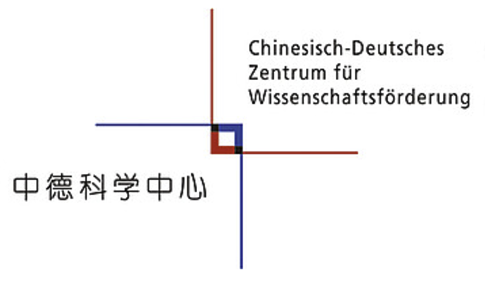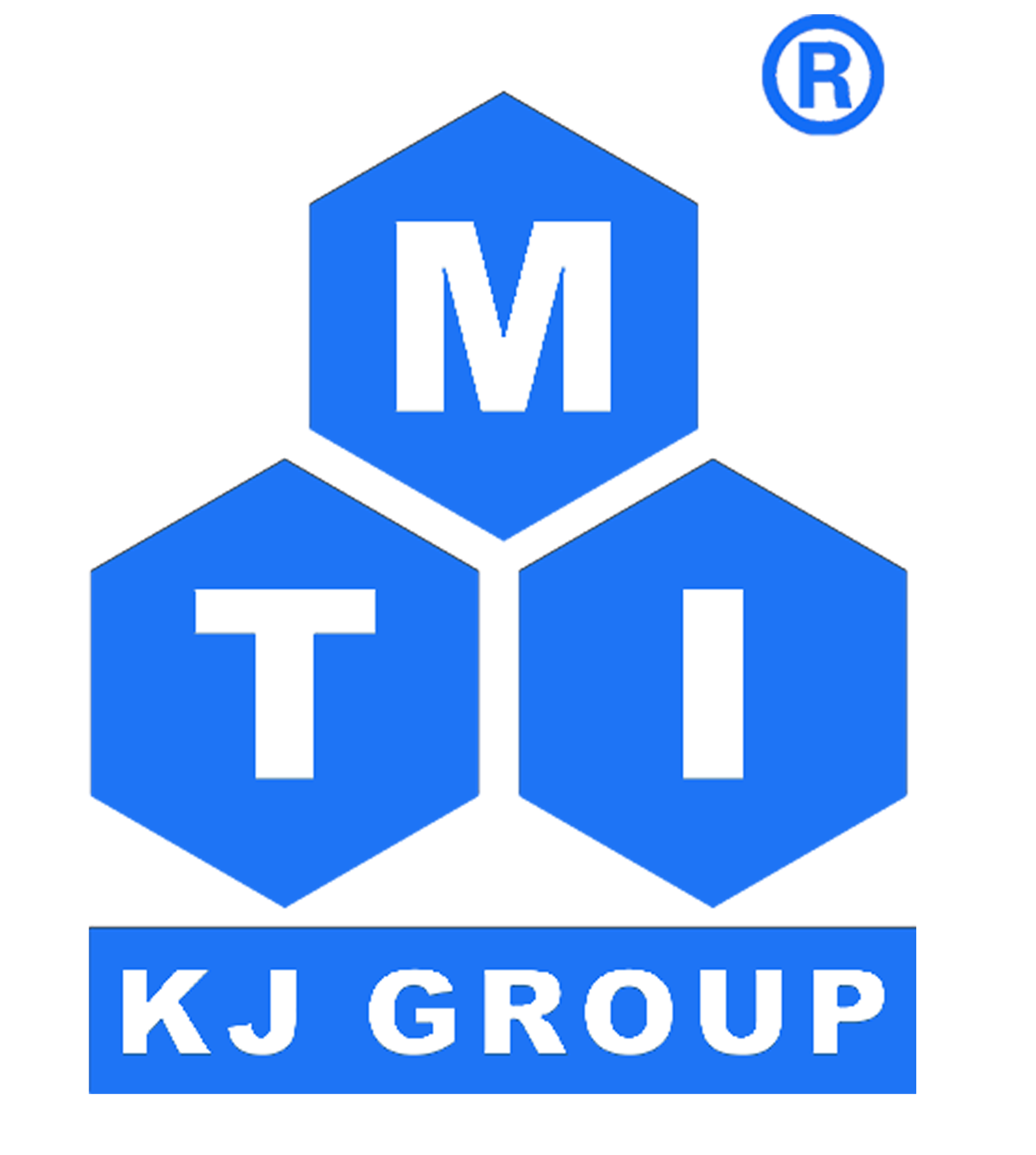Yong Xu
Deparment of Physics, Tsinghua University
Abstract: First-principles methods based on density functional theory (DFT) have become indispensable to the study of physics, chemistry, materials science, etc., but are bottlenecked by the efficiency-accuracy dilemma. The marriage of first-principles methods and artificial intelligence (AI) has the potential to revolutionize the field. In this talk, I will review an emerging interdisciplinary field of first-principles AI, which applies state-of-the-art AI techniques to help solve bottleneck problems of first-principles computation. In particular, I will introduce our recent works on developing a deep neural network framework to learn the dependence of DFT Hamiltonian (DeepH) on the atomic structure [1-3]. The neural network models are trained by DFT data on small structures and then applied to study unseen material structures without invoking sophisticated DFT computation, making efficient and accurate study of large-scale materials feasible. This development in combination with recent advances of deep-learning electronic structure calculations open the door for neural-network DFT calculations [4-10]. Very likely, in the near future most first-principles computation will be performed by neural networks, so will materials discovery and design.
References:
[1] H. Li, et al. Nature Computational Science 2, 367 (2022)
[2] X. Gong, et al. Nature Communications 14, 2848 (2023)
[3] H. Li, et al. Nature Computational Science Sci. 3, 321 (2023)
[4] H. Li, et al. Materials Genome Engineering Advances e16 (2023)
[5] H. Li, et al. Physical Review Letters 132, 096401 (2024)
[6] Z. Tang, et al., arXiv:2302.08221
[7] Z Yuan, et al., arXiv:2402.04864
[8] Y Wang, et al., arXiv:2401.17015
[9] T. Bao, et al. arXiv:2404.06449
[10] Y. Li, et al. arXiv:2403.11287
Dr. Runhai Ouyang (DCTMD2024@163.com)












